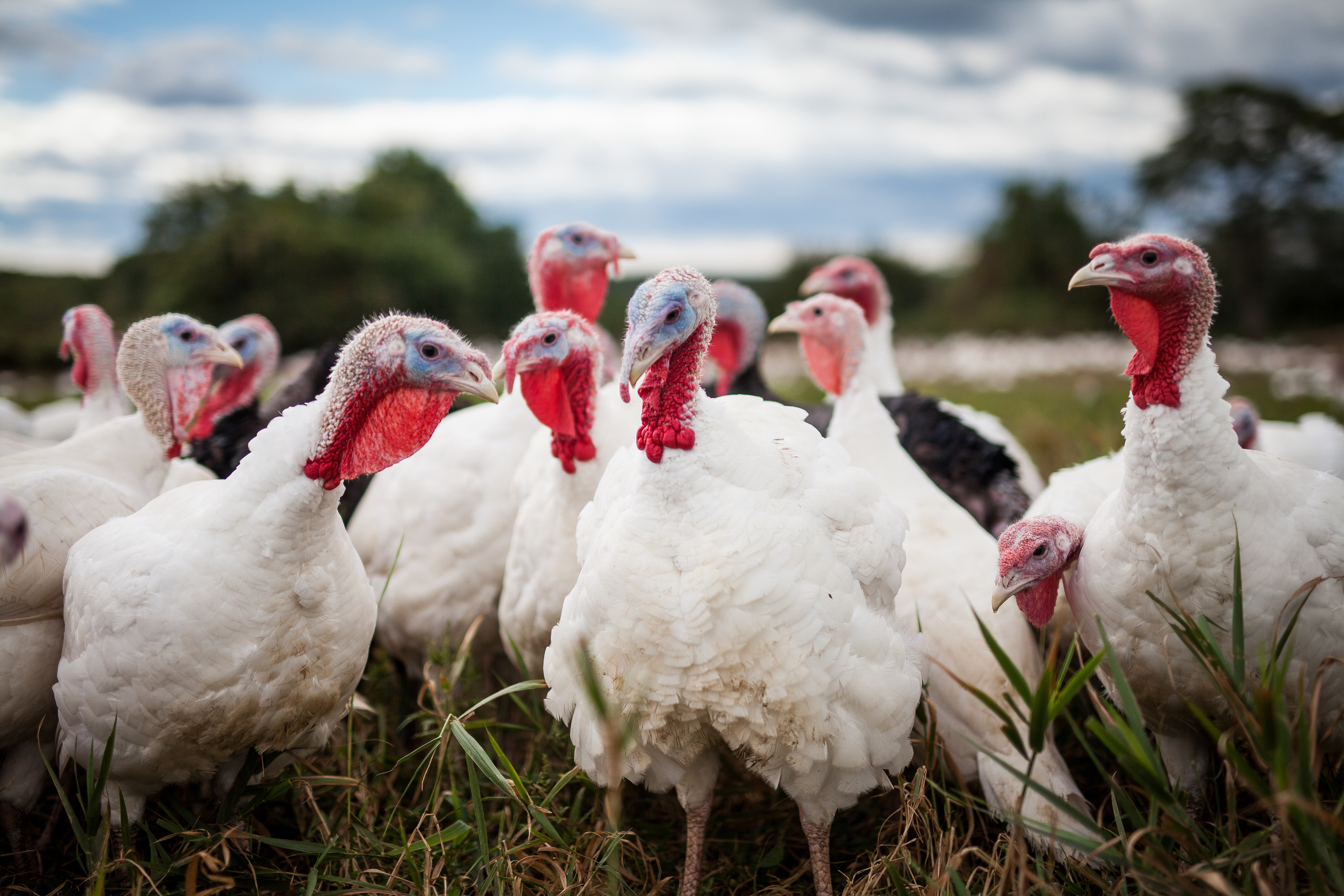



USPOULTRY to research vaccinating turkeys against Salmonella
As part of a new $60,000 board research grant, USPOULTRY will focus on vaccination strategies that could reduce Salmonella Reading colonization in turkeys.USPOULTRY approved approximately $60,000 in funding for a new research grant to evaluate strategies to reduce Salmonella Reading colonization in turkeys through the Board Research Initiative program. The topic and request for proposal were selected by the USPOULTRY board of directors. The Foundation Research Advisory Committee evaluated several research proposals and then recommended which proposal to fund to the board.

The research grant is as follows, and the research was made possible in part by donations to the USPOULTRY Foundation. The donations came from a wide range of poultry and egg companies, individuals and families to support the Foundation’s mission of funding industry research and recruiting students into poultry careers.
Vaccination against Salmonella enterica serotype Reading
Evaluation of the cross-protective Salmonella BBS 866 vaccine and the Avipro Megan egg vaccine at reducing outbreak-associated S. Reading colonization, dissemination and persistence in turkeys
USDA ARS National Animal Disease Center (research grant made possible in part by an endowing Foundation gift from the Cooper Family Foundation)
S. Reading has been isolated from production turkeys in the US for many years, but only in the past few years has S. Reading been associated with human foodborne illness from turkey products. The objective of this project is to evaluate the cross-protective BBS 866 Salmonella vaccine in reducing colonization, dissemination and persistence of recently emerged S. Reading. Further, the research will assess reduction of S. Reading in turkeys vaccinated with AviPro Megan egg, a vaccine recommended for the prevention of S. Typhimurium colonization of the liver and spleen in turkeys.
“Mitigation strategies against Salmonella are challenging because many of the >2,600 Salmonella serotypes often establish an undetected, asymptomatic, commensal-state in food animals, including turkeys. Vaccination against one serotype may not provide protection against other serotypes; thus, our research team created a live, attenuated vaccine that stimulates cross-protective immunity against diverse Salmonella serotypes in various food animal species. We will evaluate the ARS-developed vaccine and a commercially available vaccine in our turkey challenge model for reduction of the S. Reading outbreak isolate. Our goal is to provide the poultry industry with reliable data for informed decision-making on targeted control strategies against the human foodborne pathogen Salmonella, including S. Reading in turkeys,” said Principal Investigator Dr Shawn Bearson. Dr Bearson is a microbiologist for the United States Department of Agriculture, Agricultural Research Services, National Animal Disease Center, Food Safety and Enteric Pathogens Research Unit in Ames, Iowa.
USPOULTRY Director of Research Dr Denise Heard commented, “In addition to assessing the protection provided by the Salmonella vaccines against S. Reading, this study will also characterize the colonization potential and persistence of turkey-associated S. Reading, thereby providing valuable information on the virulence of the Salmonella outbreak-associated serovar that has alarmed turkey producers and disrupted turkey production.”
“A greater understanding of Salmonella Reading will assist the turkey industry in mitigating the serotype and could potentially be helpful in reducing future evolved Salmonella serotypes,” stated USPOULTRY President John Starkey.









